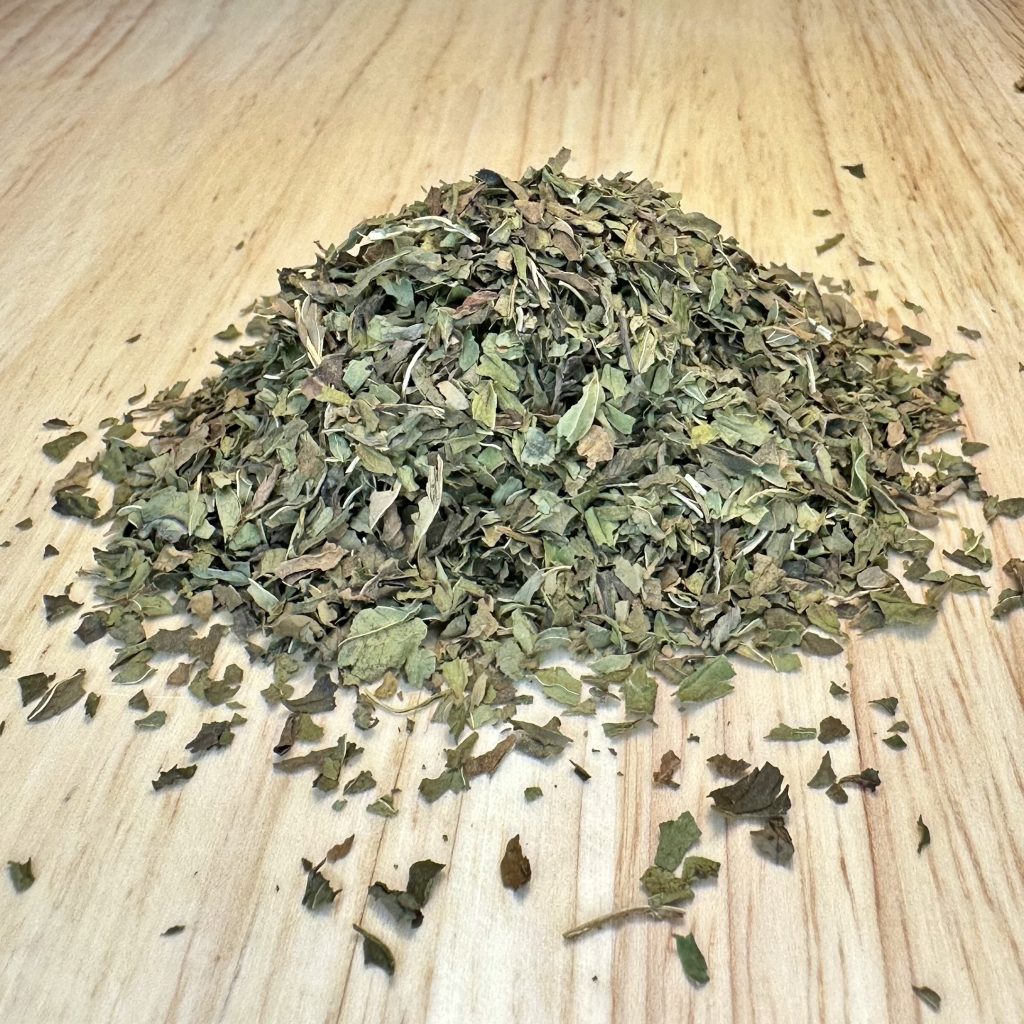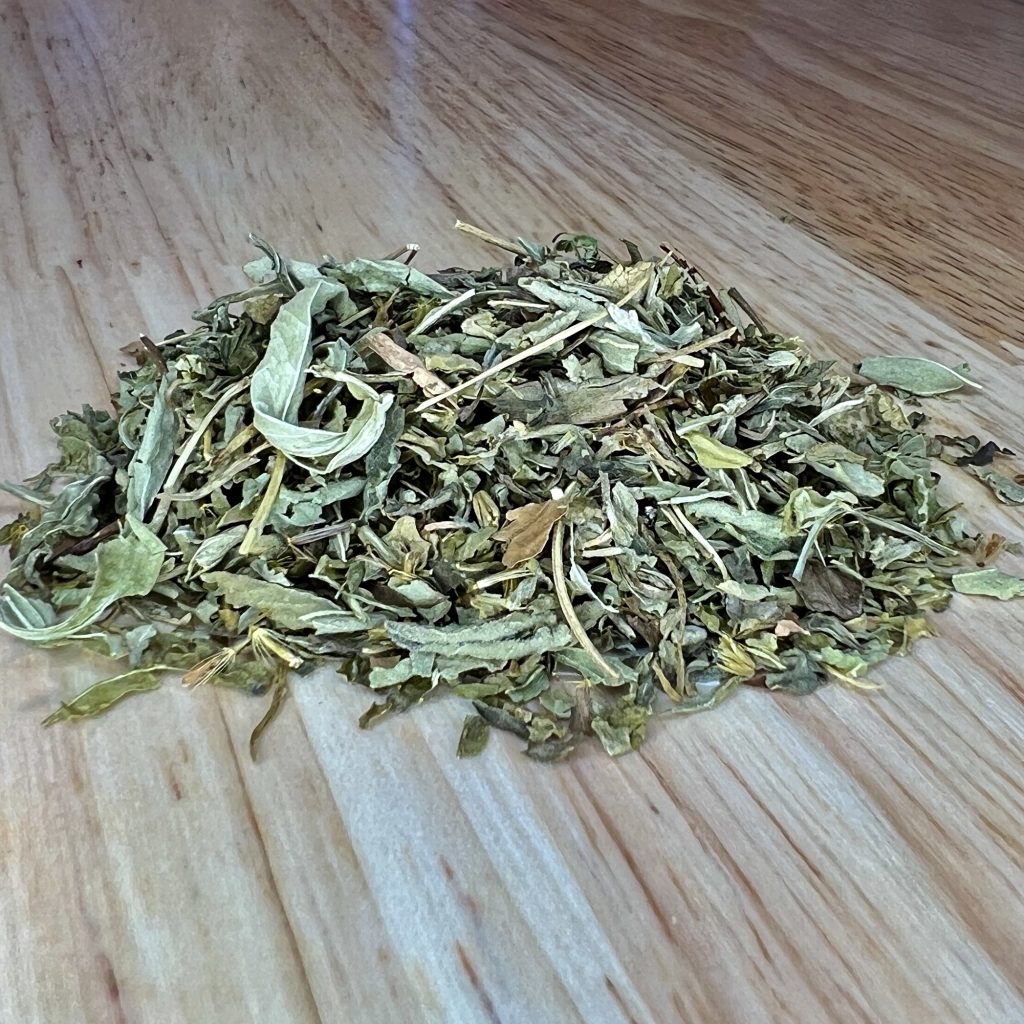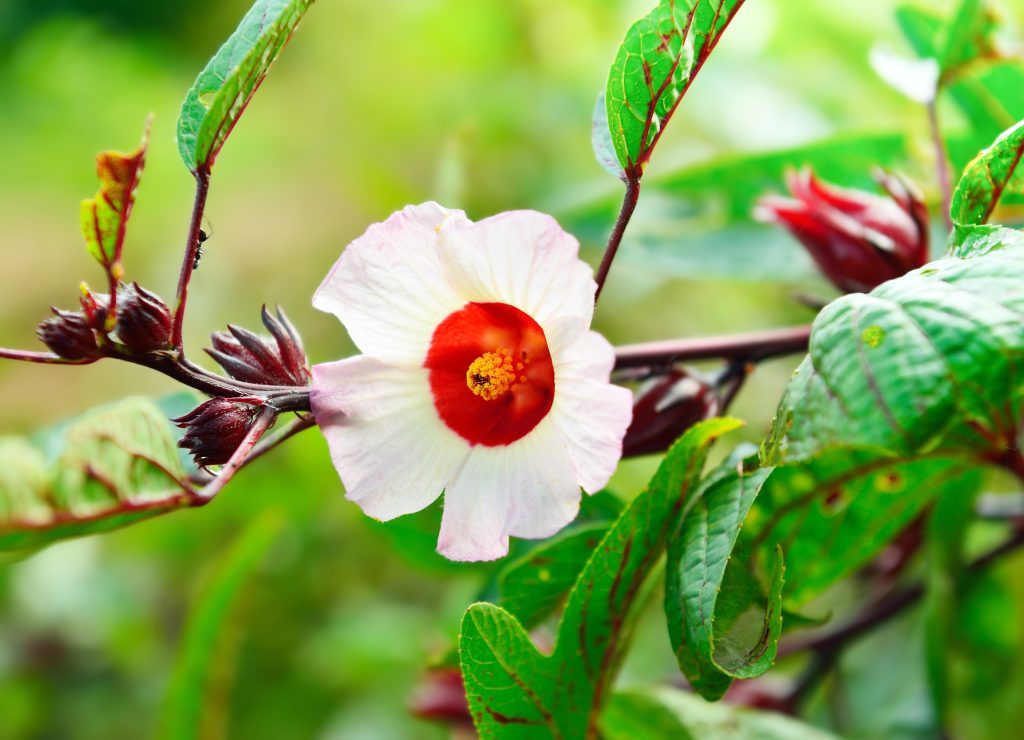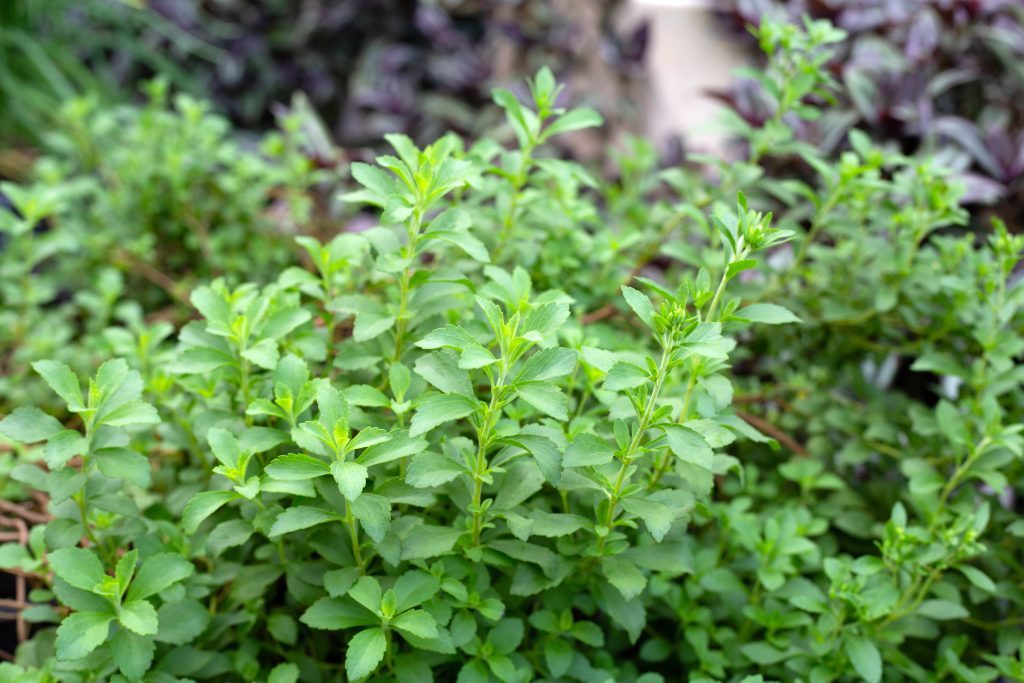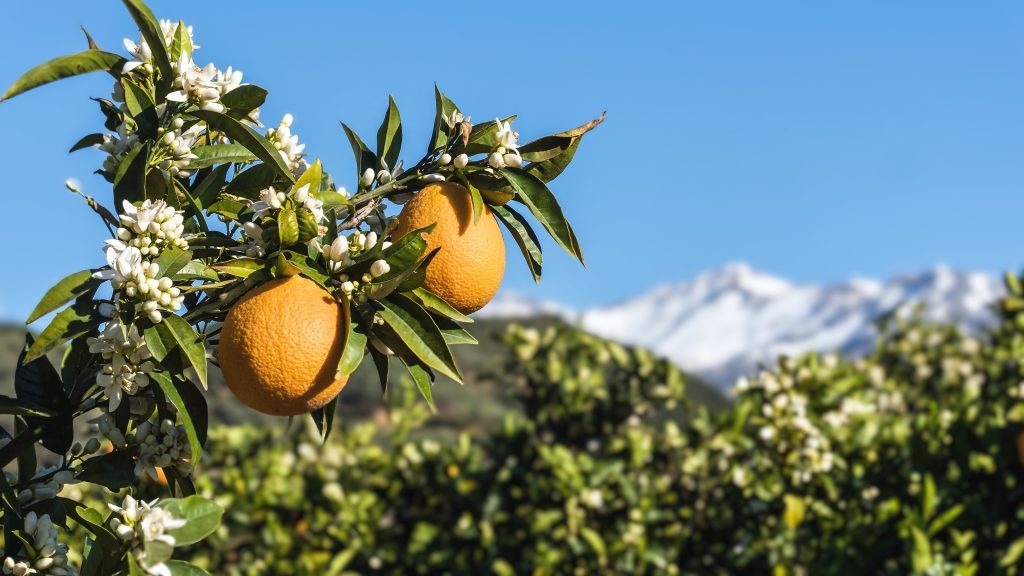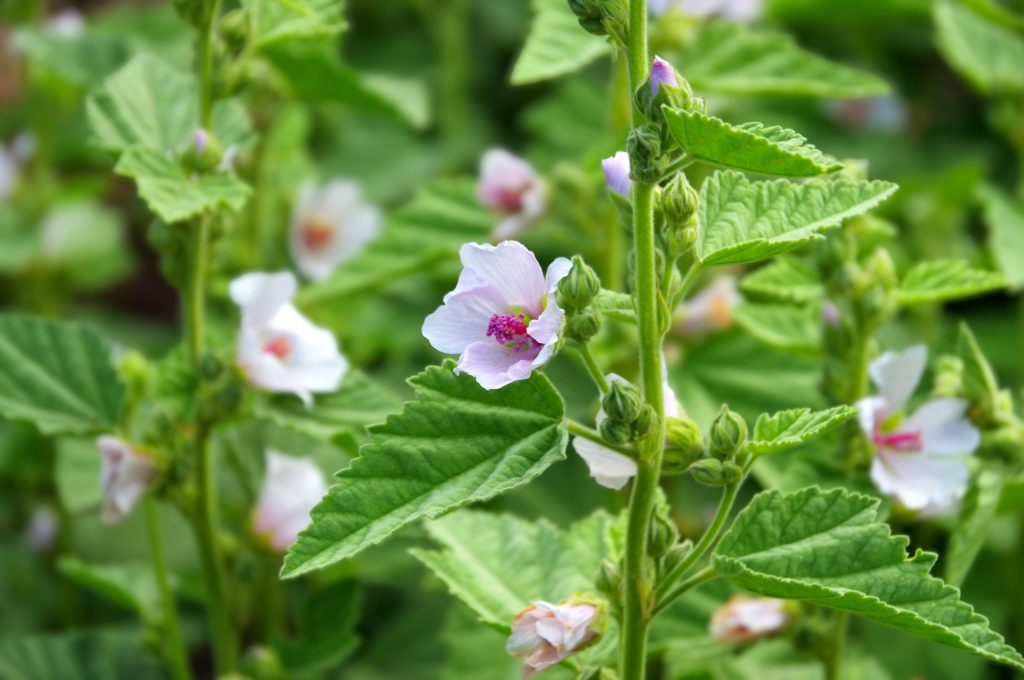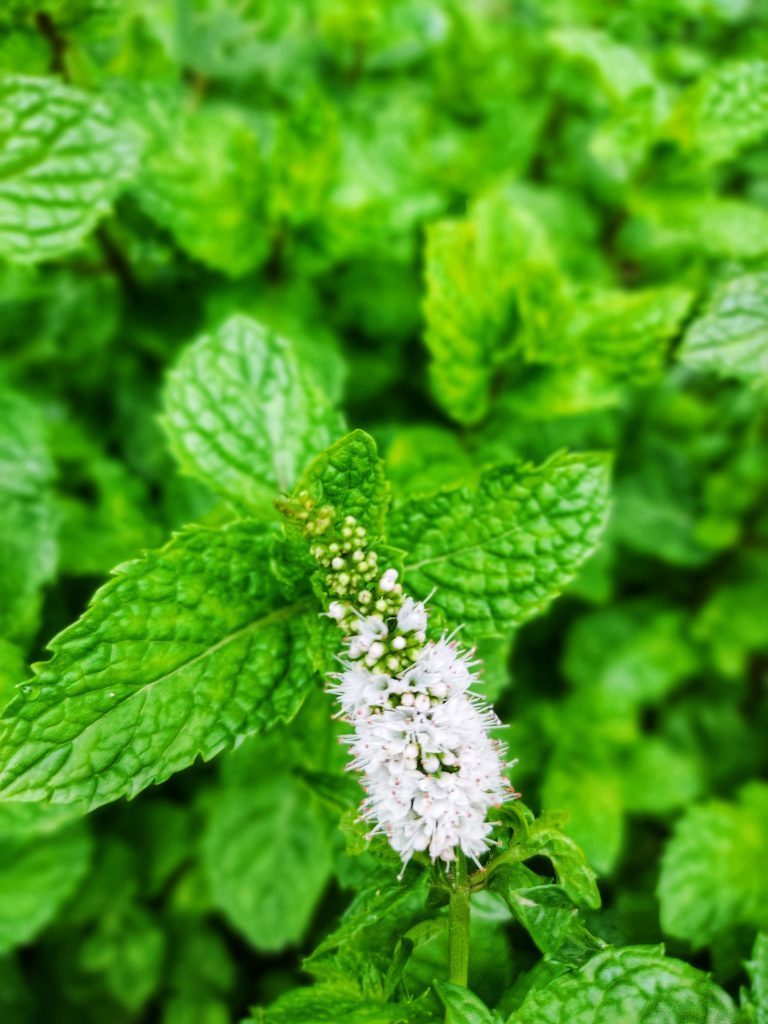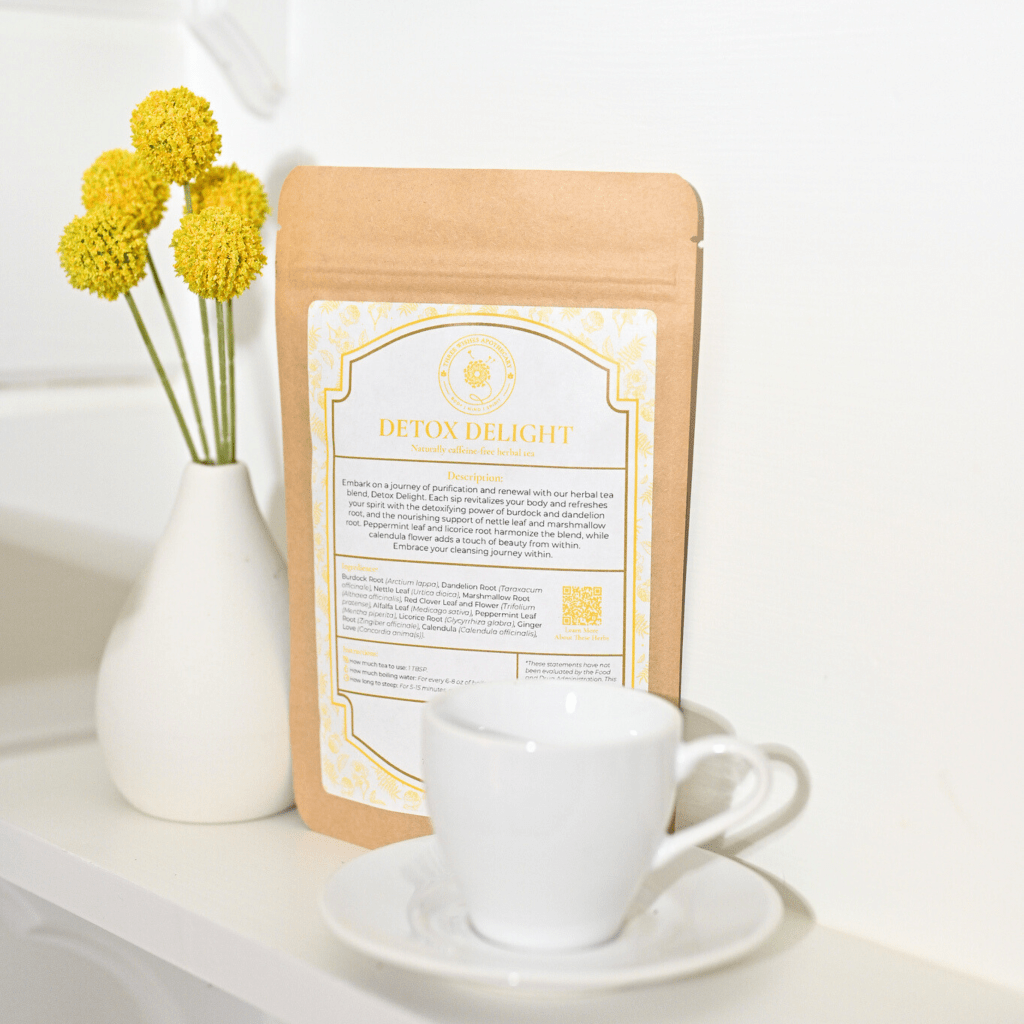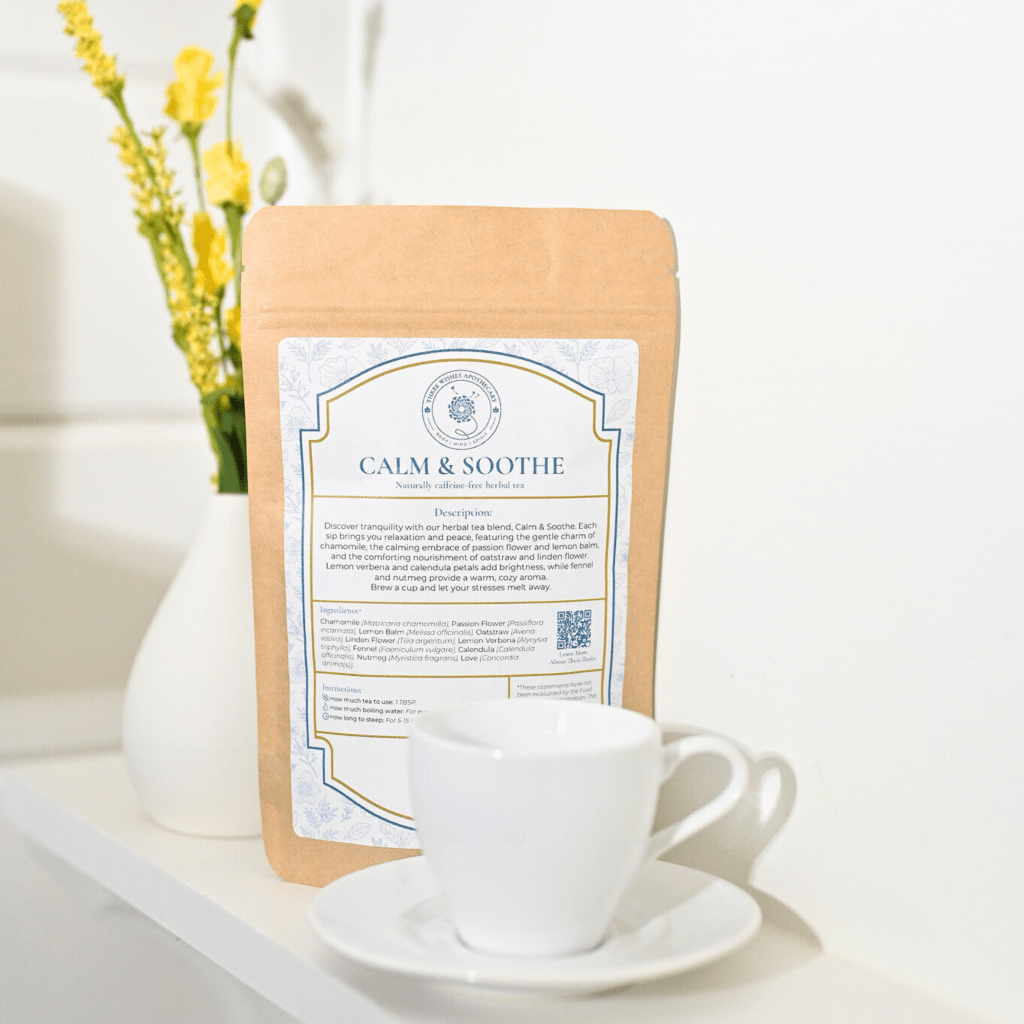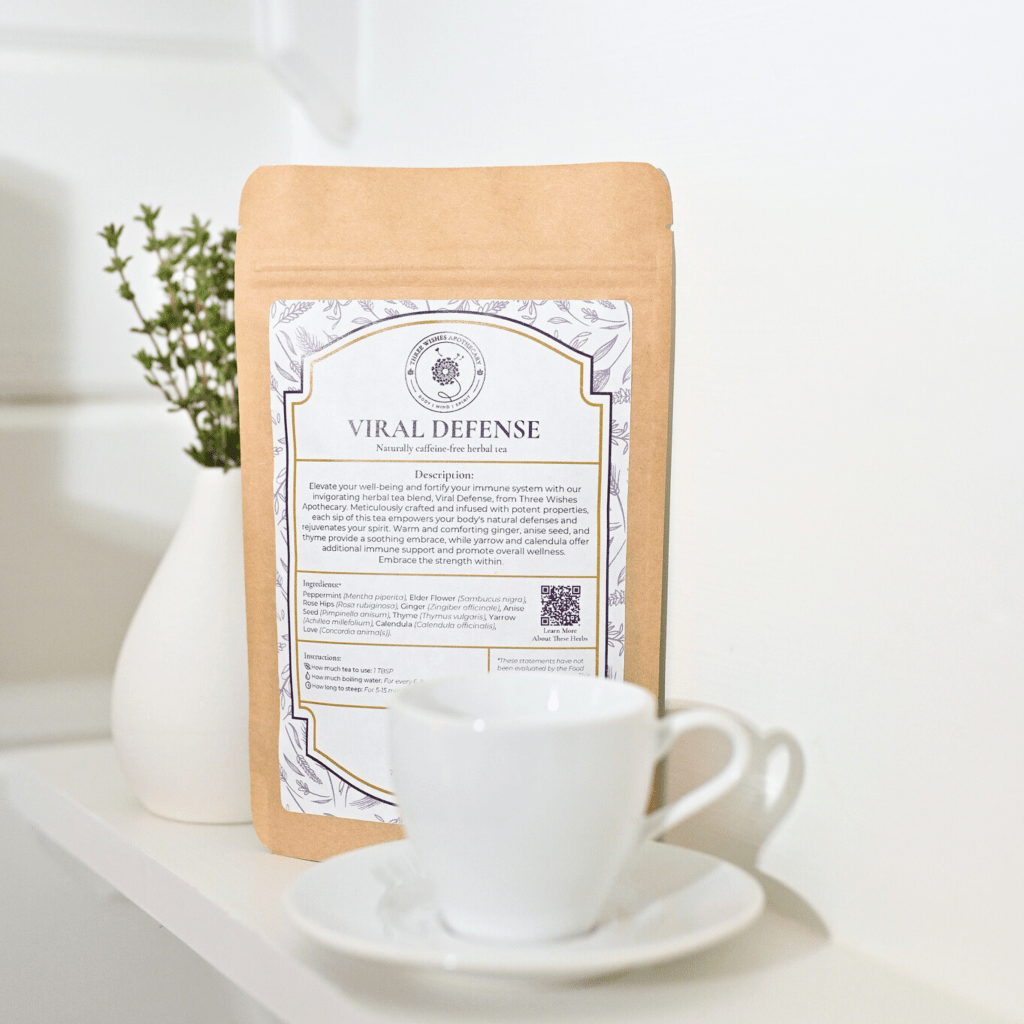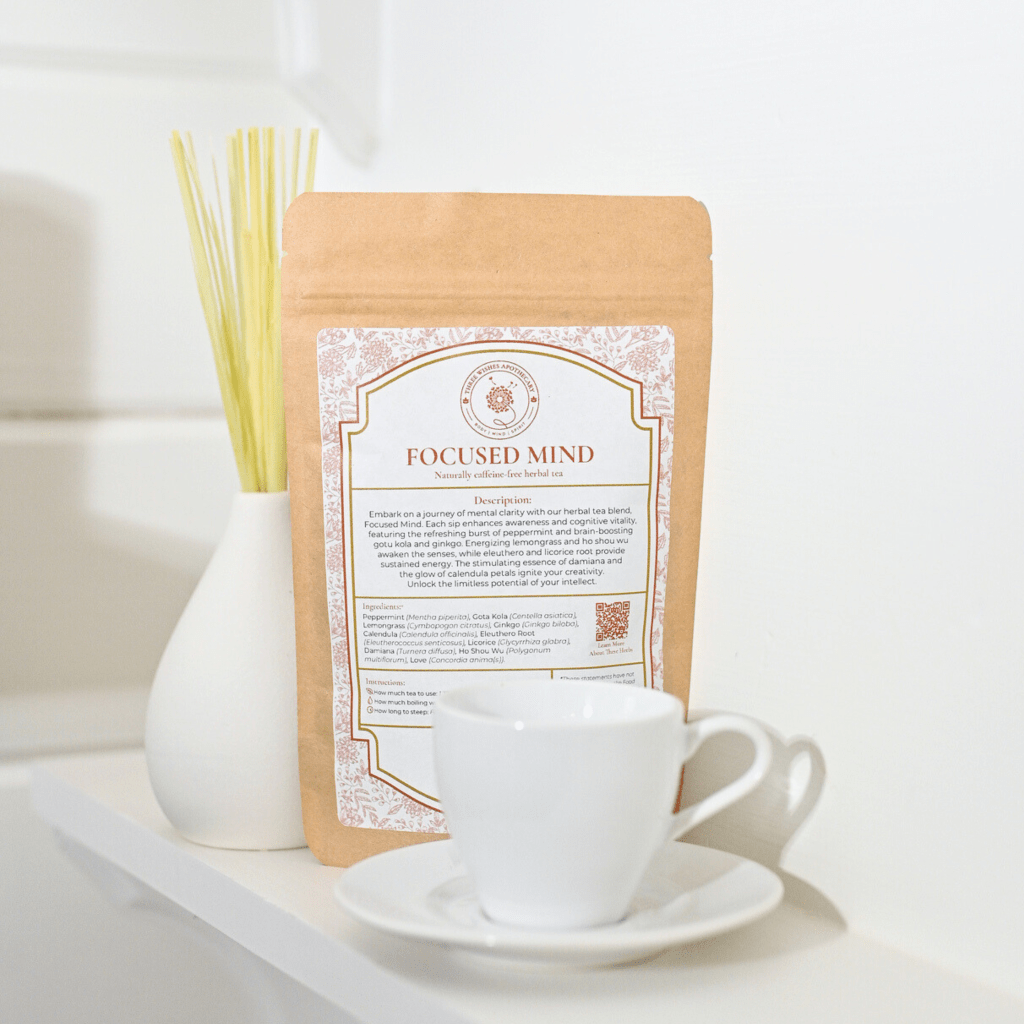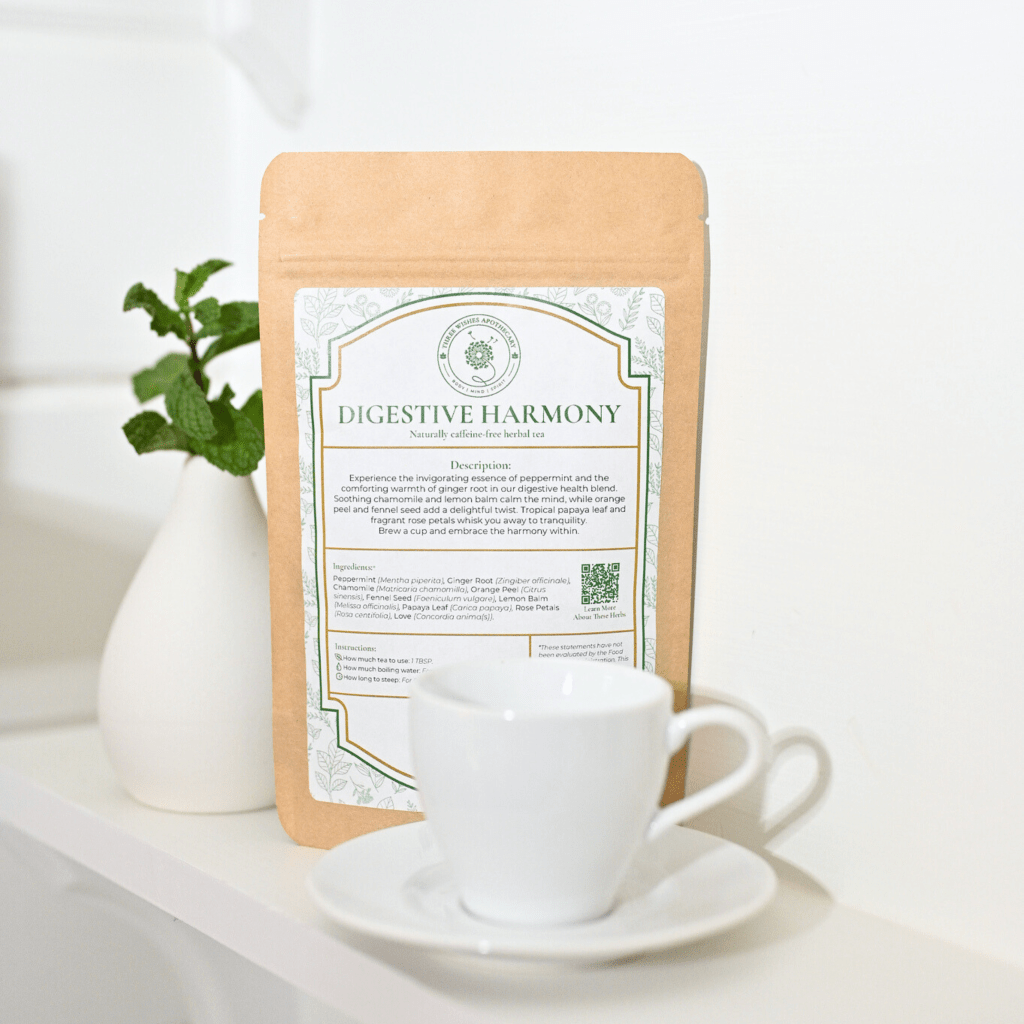Medicinal Action

Refrigerant

Products containing Refrigerant
Discover our collection of artisanal salves for holistic healing.
Peppermint (Mentha x piperita)
Sustainably grown and harvested through regenerative agricultural practices on small U.S. farms dedicated to soil health, biodiversity, and ethical stewardship.
Sourced directly from the grower for quality and freshness, then hand-packaged in small batches to preserve vitality.
Sold by the ounce. Example: Quantity 4 = 4 oz.
Stevia Leaf (Stevia rebaudiana)
Carefully sourced, always organic, and packaged by hand, our herbs are sold by the ounce. To order more, adjust the quantity in 1 oz increments.
Example: Quantity 4 = 4 ounces.
Hibiscus
Roselle has long been cherished for its ability to support heart health, lower blood pressure, and invigorate the senses.
Marshmallow
“The Soothing Emollient: Nourishing, Cooling, and Supporting Mucous Membranes for Respiratory and Digestive Relief.”
Radiant Mama Tea Blend
A nourishing herbal blend for women at all stages of life, supporting vitality and wellness. Featuring Red Raspberry Leaf, Nettle, Alfalfa, and Peppermint, this tea is especially beloved for its nutritive benefits.
Detox Delight Tea Blend
A naturally caffeine-free herbal tea crafted to refresh your spirit and support your body’s natural cleansing process. Packed with detoxifying roots, nourishing leaves, and soothing herbs, this blend is your companion on a journey of renewal and vitality.
Calm & Soothe Tea Blend
A naturally caffeine-free herbal tea and our founder’s trusted companion during moments of elevated stress, Calm & Soothe is crafted to help you unwind and return to inner harmony. With oat straw and lemon balm at its heart, this nurturing blend comforts the body and eases the mind, while chamomile, rose, orange peel, and a hint of lavender uplift the spirit and calm the senses — creating a peaceful escape in every sip.
Viral Defense Tea Blend
A naturally caffeine-free herbal tea designed to support your immune system and promote overall wellness. With warming ginger, soothing anise seed, and immune-boosting elderberry and yarrow, this blend fortifies your body’s defenses and rejuvenates your spirit.
Focused Mind Tea Blend
A naturally caffeine-free herbal tea crafted to enhance mental clarity and cognitive vitality. With refreshing peppermint, brain-boosting gotu kola and ginkgo, and energizing lemongrass, this blend awakens the senses and inspires creativity.
Digestive Harmony Tea Blend
A naturally caffeine-free herbal tea designed to support digestive wellness and inner balance. With refreshing peppermint, warming ginger, and calming chamomile, this blend soothes the stomach and delights the senses in every sip.
Monographs with the (Refrigerant) function
Eleuthero (Eleutherococcus senticosus)
In traditional Chinese medicine (TCM), Eleuthero has been used for over 2,000 years to fortify Qi and support the Spleen and Kidney meridians. It was traditionally used to increase stamina, combat fatigue, and strengthen the immune system, especially during recovery from illness. In Russia, Eleuthero gained prominence during the Soviet era for its ability to enhance athletic performance, mental clarity, and stress resilience.
Current Uses:
Today, Eleuthero is widely used as an adaptogen, helping the body adapt to stress and improve endurance and energy. It is commonly used for:
- Increasing energy and stamina during periods of fatigue or physical exertion
- Supporting immune function, particularly in times of stress or recovery
- Balancing stress responses, promoting mental clarity and focus
- Enhancing athletic performance and aiding in post-exercise recovery
- Improving overall vitality and resilience to environmental stressors
*To learn more about this plant’s traditional and modern uses, energetics, and potential contraindications, visit our Materia Medica section and search for this herb by name. There, you’ll find detailed notes on safe use and preparation methods.
Prickly Ash
Prickly Ash Bark (Zanthoxylum americanum) is a dynamic, warming tonic that encourages movement, clarity, and vitality. Traditionally used by Indigenous peoples and early North American herbalists, it is valued as a circulatory stimulant and nervine tonic — an ally for those who feel sluggish, chilled, or stagnant.
This vibrant bark enlivens the body’s rivers of circulation, stimulating both blood and lymphatic flow. Its gentle tingling on the tongue reflects its activating nature — awakening digestion, supporting healthy warmth, and promoting awareness in the periphery.
Energetically, Prickly Ash embodies the spark of renewal. It helps encourage a sense of warmth and natural circulation throughout the body, restoring aliveness and gentle momentum.
Crafted through a 60% organic cane ethanol extraction, this tincture preserves the bark’s full aromatic and bitter complexity, capturing its ancient wisdom and vital fire.
Dosage
Take 2-4 mL (approximately 20–40 drops) up to three times daily in a small amount of water or directly on the tongue.
Best taken before meals to support circulation and digestion, or as needed when feeling cold or energetically sluggish.
Pairs well with warming teas and practices that move energy — such as walking, breathwork, or gentle stretching.
Cautions
Generally well-tolerated at suggested dosages. Consult a qualified healthcare provider before use if you are:
-
Pregnant or nursing
-
Experiencing acute inflammation or hot, dry conditions
-
Managing gastrointestinal irritation or ulcers
-
Taking medications that affect circulation or blood clotting
Avoid excessive use; Prickly Ash is a stimulating herb best used in moderate amounts.

